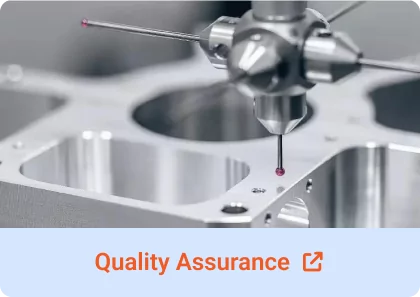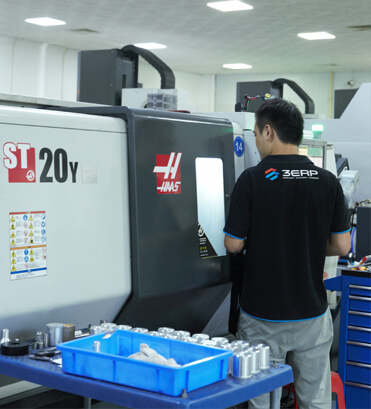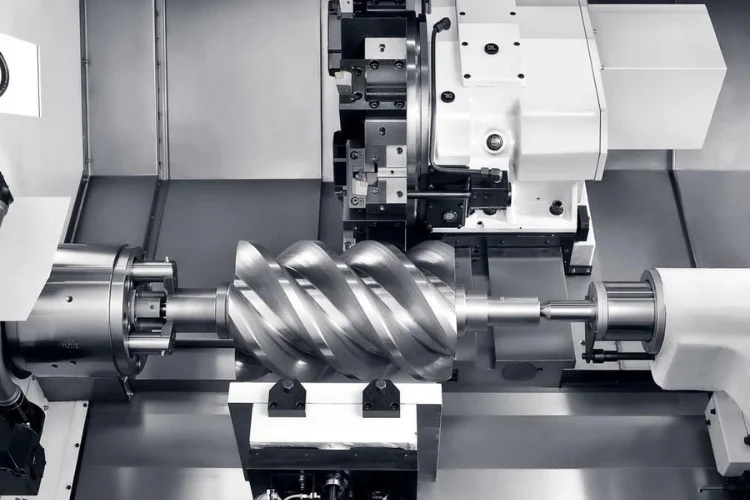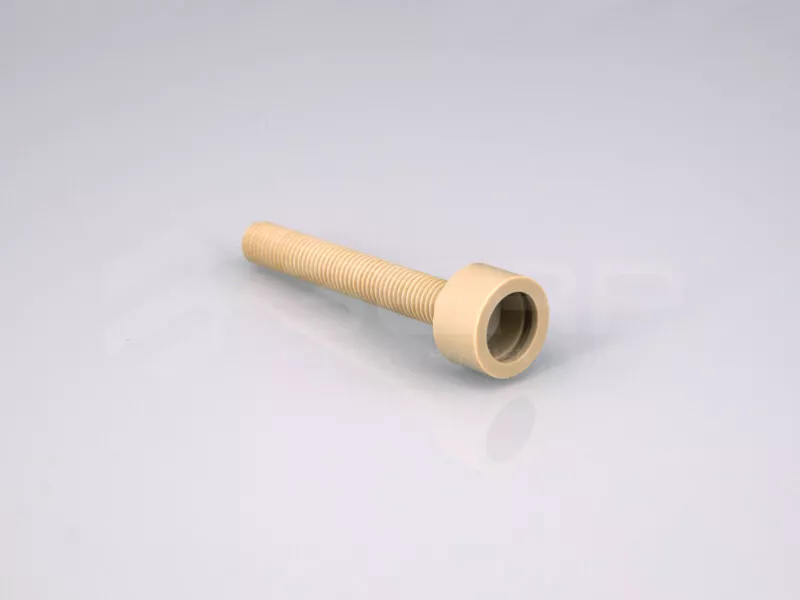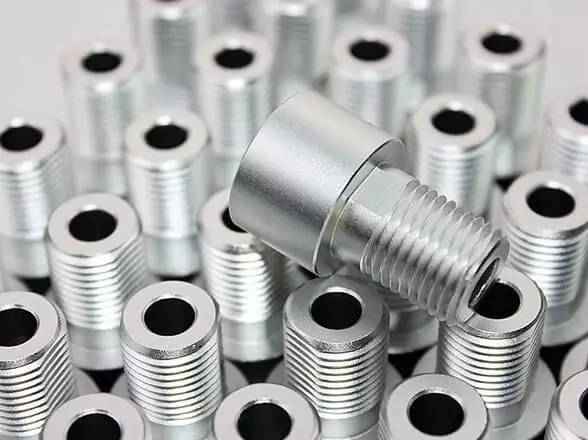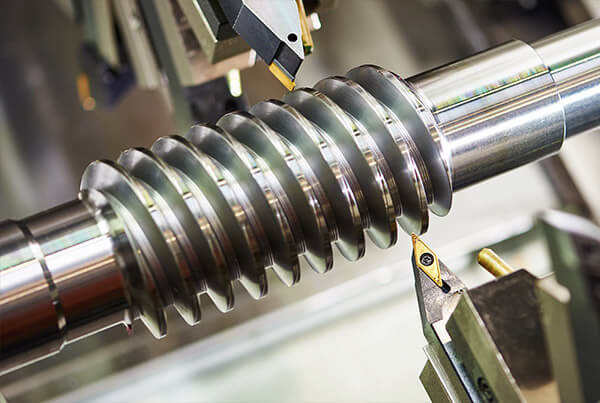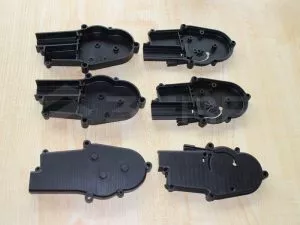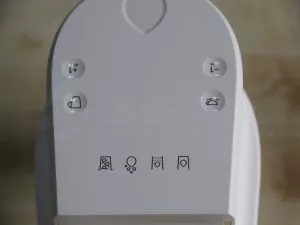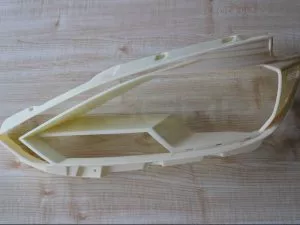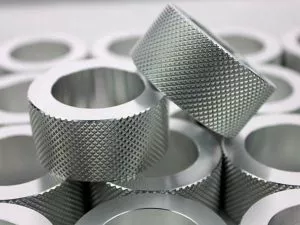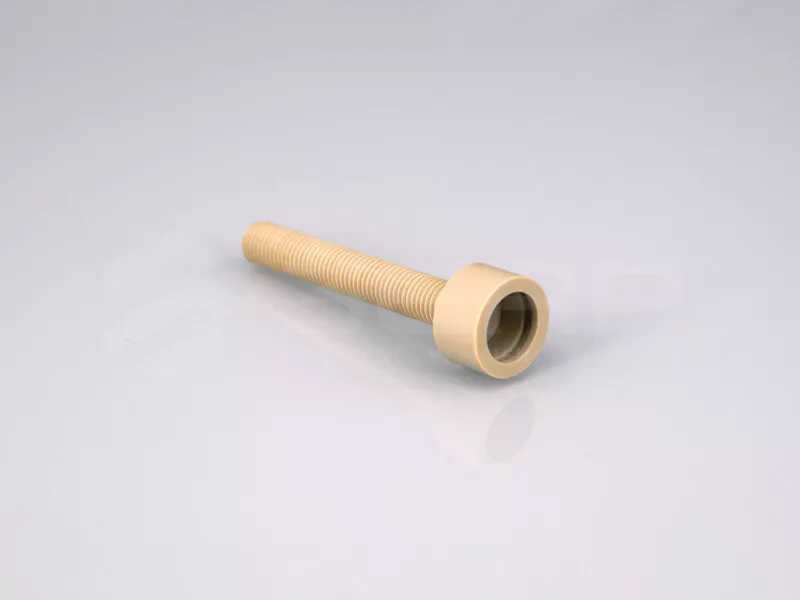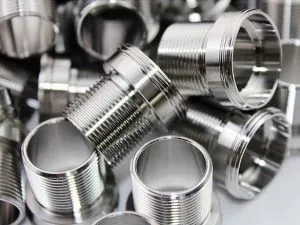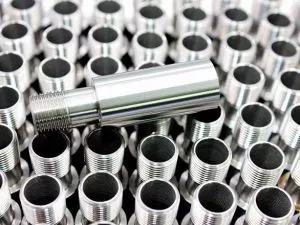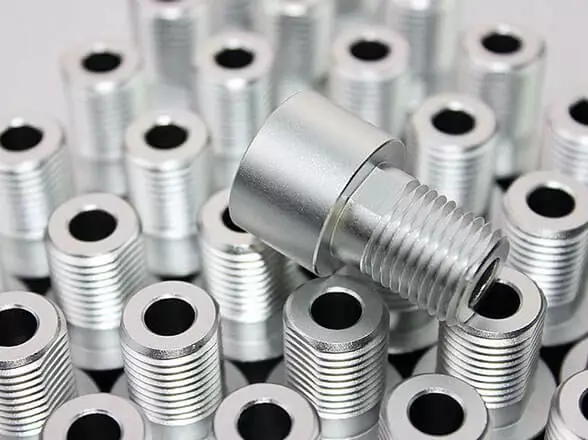Of BESTA’s various CNC services, CNC turning is frequently requested for a certain category of parts. Turning is a CNC machining process in which the workpiece is rotated at speed in a chuck. Unlike with CNC milling, the cutting tool does not spin.
Turning can be carried out on metals like aluminum, magnesium, steel, stainless steel, brass, copper, bronze, titanium and nickel alloy, as well as plastics like nylon, polycarbonate, ABS, POM, PP, PMMA, PTFE, PEI, PEEK. CNC turning machines are also known as lathe machines.
Advantages of CNC Turning
1. Cylindrical parts
CNC turning machines are ideal for creating round or cylindrical parts. Lathes create these parts quickly, accurately and with excellent repeatability.
2. Range of processes
Although generally used for parts of a certain shape, CNC turning can still be used to carry out a variety of cuts, including drilling, boring, threading and knurling.
3. Professional quality
To discover the more general advantages of CNC machining with BESTA, see our CNC machining services page.
 Services
Services

